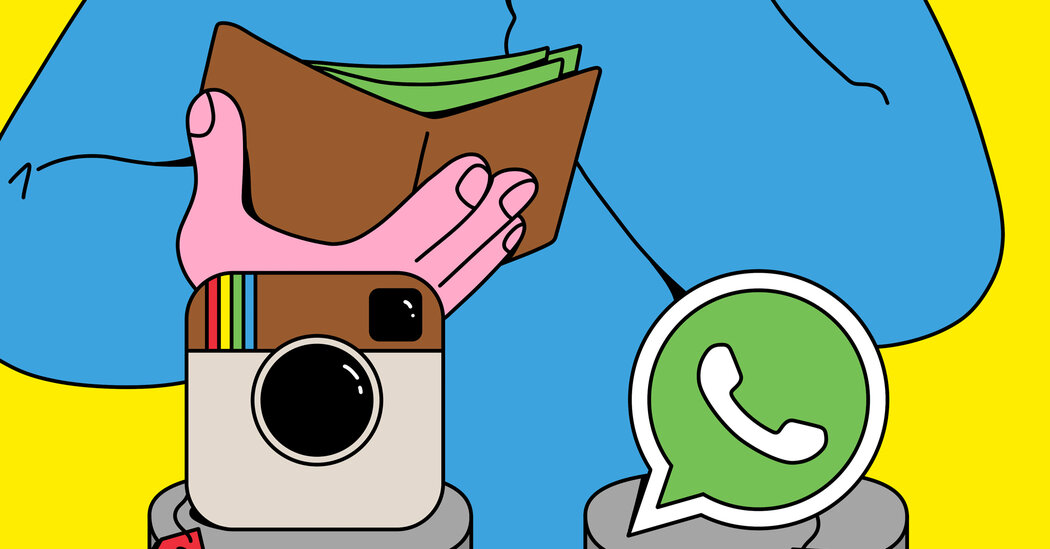Facebook’s Acquisitions: A Case Study in Strategic Vision
Initial Reactions to Major Acquisitions
In 2012, Facebook’s CEO Mark Zuckerberg made headlines when he acquired the photo-sharing platform Instagram for $1 billion. At the time, many viewed this decision skeptically, questioning the hefty price tag for what appeared to be an app merely focused on photo filters.
Comedian Jon Stewart famously quipped about the acquisition on “The Daily Show,” stating, “For a thing that kind of ruins your pictures?” His audience largely echoed the sentiment that Zuckerberg had overvalued a relatively simple application.
A couple of years later, Zuckerberg expanded his spending, authorizing a $19 billion purchase of the messaging service WhatsApp. While WhatsApp was gaining popularity internationally, it was largely unknown to American audiences at that moment.
The Antitrust Trial: Context and Complexity
Fast forward to recent times, and these purchases are now considered key milestones in Silicon Valley history. However, the government has initiated an antitrust trial arguing that these acquisitions represent monopolistic behavior, asserting that Zuckerberg sought to eliminate competition by controlling both platforms.
In response, Zuckerberg’s team claims that without these strategic purchases, Meta (Facebook’s rebranded name) might not hold its current position in the social media landscape.
This ongoing trial is complex, hinging on hypothetical outcomes. The unpredictability of technology’s evolution since the Instagram and WhatsApp deals adds a layer of difficulty, complicating the ability to draw clear conclusions.
Reflecting on the Tech Environment of the Time
Margaret O’Mara, a tech historian at the University of Washington, reflected on the mindset of Silicon Valley during that era, noting a general perception that companies like Facebook were merely “a bunch of kids spending extravagantly.”
As a former Wired Magazine reporter, I experienced the zeitgeist firsthand while working in proximity to Instagram’s headquarters, observing Kevin Systrom, Instagram’s co-founder, as he engaged with his team amidst a backdrop of skepticism surrounding the viability of social media companies.
Rapid Shifts in Perception and Value
During the time surrounding the Instagram acquisition, social media applications—often regarded as mere fads—were criticized for lacking serious business models. Facebook itself was under scrutiny as it faced a troubled IPO shortly after acquiring Instagram.
Despite the initial doubts, the landscape shifted dramatically. Today, Instagram and WhatsApp play crucial roles within Meta, facilitating conversations on a global scale across various topics, from politics to culture, attracting billions of users worldwide.
The Hypothetical Future: A Matter of Speculation
The antitrust trial also raises intriguing questions about alternative realities. What if different buyers had prevailed in acquiring Instagram or WhatsApp? How might the existence of other competitive platforms have changed the social media landscape?
With no way to predict these outcomes accurately, both parties in the trial are left to speculate about the potential trajectories had Meta’s acquisitions gone differently.
Jessica Williams, a senior correspondent on “The Daily Show,” humorously encapsulated this notion when stating that if Instagram didn’t exist, someone might have to invent a time machine to recreate its retro-style photo effect: “You know how much a time machine would cost to build? Easily a billion dollars.”


